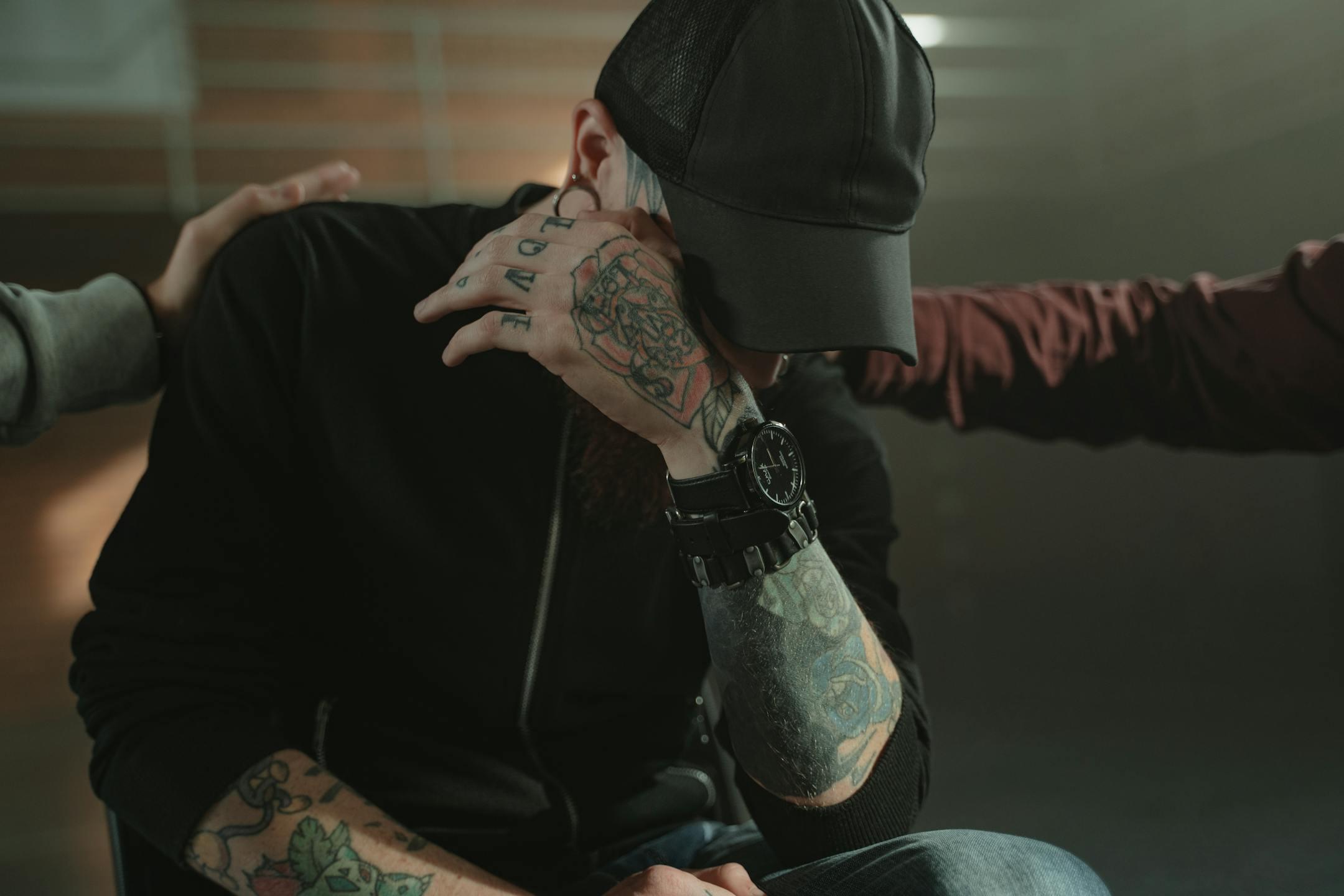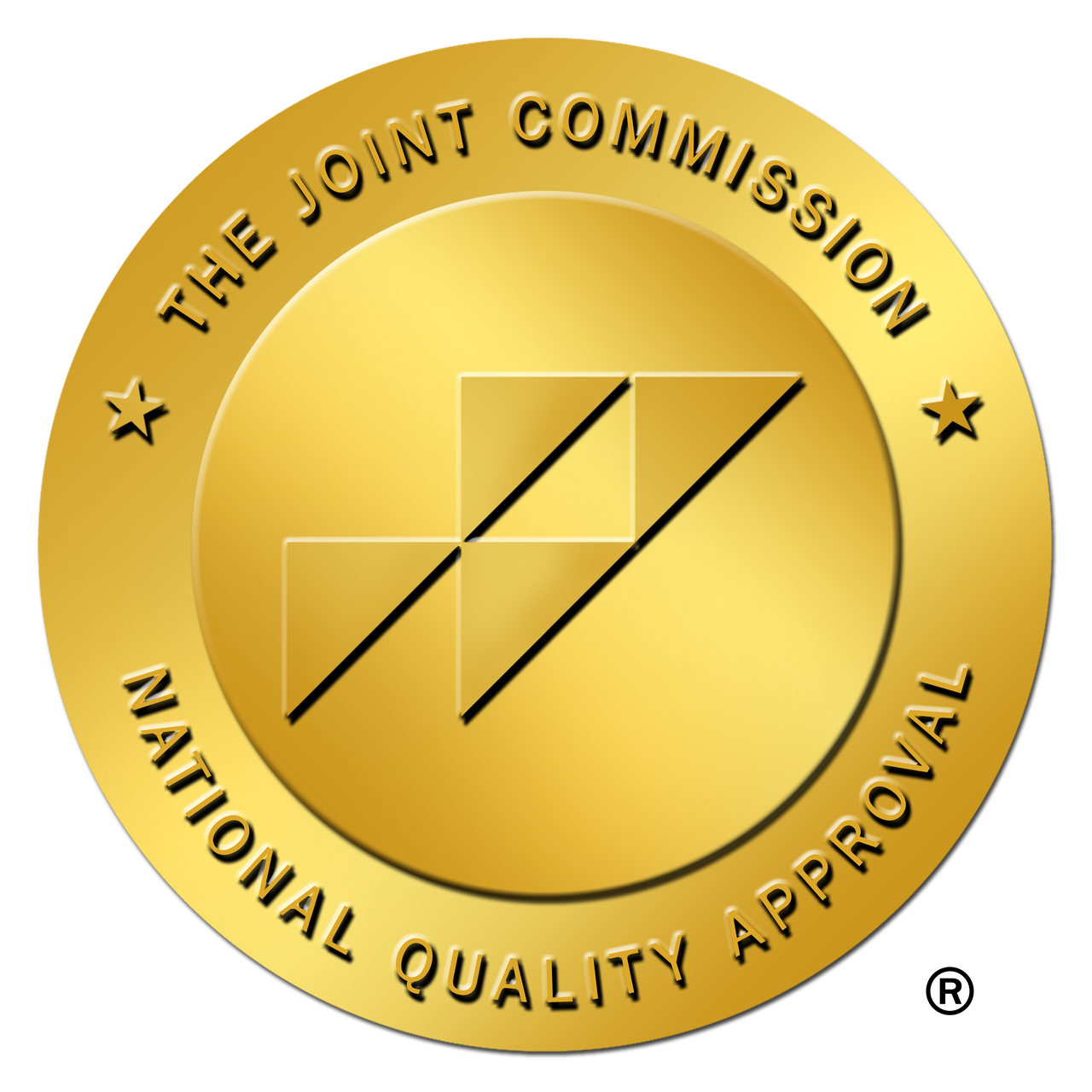
Transitioning from military to civilian life is rarely straightforward. For many veterans, it’s a complex journey filled with physical injuries, emotional scars, and mental health hurdles like PTSD. Add substance use disorders into the mix, and the path to recovery can feel overwhelming.
While professional treatment in rehabilitation centers is essential, there’s a powerful, often underappreciated element that plays a pivotal role in the healing process: peer support. When veterans connect with others who have faced similar struggles, something profound happens—the road to recovery feels less daunting and far more achievable.
Imagine trying to explain the challenges of deployment or the lingering echoes of combat to someone who’s never served. It’s tough, right? The military fosters a distinct culture—a blend of discipline, camaraderie, and resilience—that’s hard to grasp from the outside. This is why, in veterans rehab, connecting with fellow service members becomes a game changer. There’s an unspoken understanding, a mutual respect that doesn’t need explanation.
Trust forms quickly in these environments. When veterans realize they’re not alone in their experiences, the walls start to come down. Sharing stories of fear, loss, and triumph becomes easier.
Recovery isn’t a straight line—it’s more like a winding road with unexpected detours. There will be setbacks. Motivation can waver. But here’s where peer support shines. Fellow veterans offer encouragement when the going gets tough and celebrate victories—no matter how small.
But it’s not just about cheering each other on. Peer relationships instill a sense of accountability. When you know someone else is counting on you, it’s harder to slip back into old habits. Group therapy sessions, buddy systems, even casual check-ins—all these elements create a network of support. And often, these bonds don’t end when rehab does.
Let’s face it—there’s still a stigma surrounding mental health and substance use, especially in the military community. Many veterans fear being perceived as weak or broken. Peer support helps dismantle these harmful beliefs. When veterans see others openly discussing their struggles, it normalizes the conversation.
Witnessing peers navigate their challenges with resilience can be incredibly empowering. It shifts the narrative from “I’m failing” to “I’m strong enough to seek help.” This change in perspective is crucial for long-term recovery. It fosters an environment where vulnerability isn’t a weakness but a stepping stone to healing.
Every veteran’s story is unique, but common threads tie their experiences together. In veterans rehab, peer support becomes a treasure trove of shared wisdom. Practical advice flows freely—from managing PTSD triggers to navigating VA benefits or mending strained family relationships.
But it’s more than just exchanging tips. Helping others reinforces one’s own recovery journey. It instills a sense of purpose, reminding veterans that their experiences can light the way for others. This reciprocity builds confidence and strengthens the community as a whole.
One of the hardest parts of leaving the military? Losing that deep sense of camaraderie. The bond forged in service is hard to replicate in civilian life. That’s why rehab programs that emphasize peer support are so effective. Group activities, therapy sessions, even simple shared meals—all these moments help recreate that sense of belonging.
Here’s the beautiful part: the bonds formed in rehab don’t fade once the program ends. Many veterans maintain lifelong friendships, offering support through the ups and downs of civilian life. These relationships become a safety net, catching veterans when they stumble and lifting them higher when they succeed.
Rehabilitation centers like The Valley recognize the transformative power of peer support in veterans rehab. Take the first step by reaching out to our team today.
 ® The Valley®
® The Valley®



